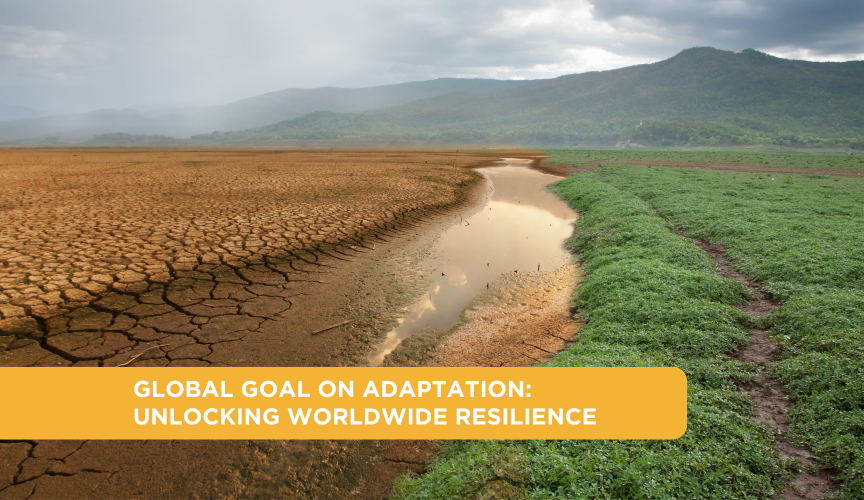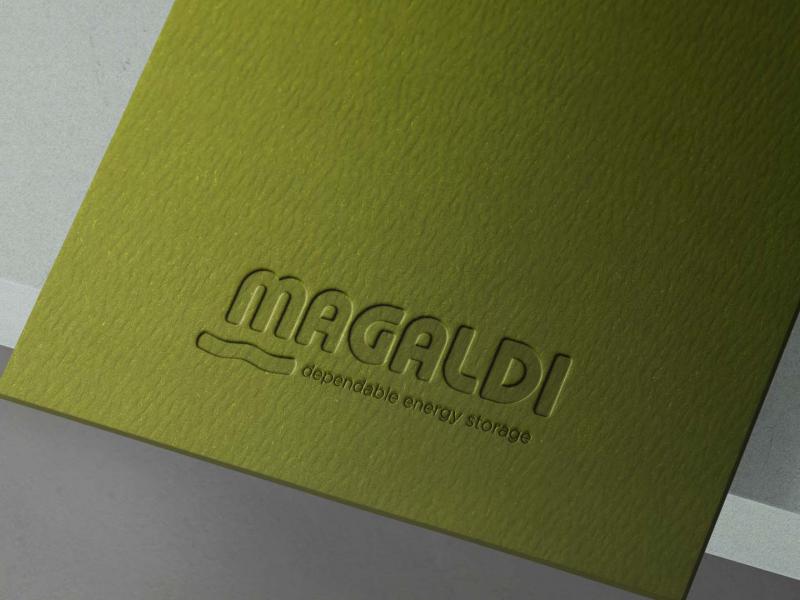
It is not a bold statement to say that 2024 will be the year of Renewable Energy Communities in Italy. The upcoming months could represent a turning point for the Italian energy scenario, thanks to the establishment of the regulatory framework for the development of RECs, as emphasized by the slogan launched by MASE: "Give new energy to Italy!".
On December 6, 2023, the decree on Renewable Energy Communities was signed by the Italian Minister of the Environment and Energy Security, Gilberto Pichetto Fratin, and came into full effect on January 24, 2024, following the registration with the Court of Auditors.
The decree allocates incentives for the establishment of RECs in Italy with a total budget of 5.7 billion euros.
Only 2.2 billions of this comes from the PNNR, the National Recovery and Resilience Plan integrated into the European Next Generation program, aiming for a green transition to become mainstream and to achieve climate neutrality by 2050 in UE. A minimum of 37% of the total funds from the PNNR is earmarked for initiatives contributing to emission reduction, fighting global warming, promoting “clean” technologies, energy efficiency and renewables.
The funds in the REC decree are entirely dedicated to the territories to support the production and sharing of renewable energy. A revolution destined to drastically transform the community's relationship with energy policies, leading both industries and citizens.
The new regulation of RECs in Italy
The introduction of Renewable Energy Communities into the Italian regulatory process dates back to "Milleproroghe" Decree 162/2019, (converted by Law No. 8/2020 of Feb. 28, 2020), which transposes the European RED II Directive (2018/2001/EU).
The current scenario outlined by by the new Renewable Energy Communities Decree, focuses mainly on two measures:
- a preferential tariff for the renewable energy produced and shared by the participants in the Community. The incentive is based on the power output of the plant (below 200, between 200 and 600 and above 600 kWp) and consists of a fixed component (60 €/kWh) and a variable part on the hourly zonal price.
- a non-repayable grant. For Italian municipalities with fewer than 5,000 inhabitants, a non-repayable contribution of up to 40% of the incurred costs is provided for the construction of a new plant to serve an Energy Community or to upgrade an existing one. This contribution can be cumulated, within defined limits, with the preferential tariff.
An analysis of emerging trends in Italy regarding the development of RECs, conducted by the Polytechnic University of Milan, argues that despite delays in the actual implementation of the Communities, Italy is among the leaders in Europe in fully defining a financial support regime for projects. According to the study, it is crucial to invest in monitoring the progress of RECs, speeding it through specially created tools and indicators to detect and evaluate the various impacts, whether environmental, economic, or social.
Investing in industrial Renewable Energy Certificates is now a key challenge for the energy transition, a pressing issue that also inspired the "National Forum on Sustainability and Development of Industrial Areas”. Organized by the Italian FICEI Federation of Industrialization Consortia and Bodies in mid-March 2024, the event also saw participation from Letizia Magaldi, Executive Vice President of Magaldi Green Energy.
Renewables: Let the (affordable) sunshine in!
Renewable energies are now cheaper than so-called "dirty" energy in over 96% of the world's electricity markets. In other words, the implementation of a new wind or solar project is more cost-effective than building a new coal or gas power plant. The IEA - International Energy Agency has been defining solar energy as the "cheapest electricity in history" for several years.
All renewable energy communities, whether industrial or residential, will require solar energy. Energy storage, especially via LDES – long duration energy storage technologies, will be instrumental in shaping this future and establishing flexible energy systems in RECs. Technologies like our MGTES – Magaldi Green Thermal Energy Storage.
– will fill a significant portion of the industrial and non-industrial energy market, capitalizing on and harnessing the growing levels of solar energy to be installed in the coming decades. According to the LDES Council's report, the globally required solar energy quantity is at least 630 GW/year and could reach as high as 1900 GW/year by 2030.
The Magaldi Group has decided to directly invest in Renewable Energy Communities, partnering with Enel X, to establish the first REC in an industrial area in Italy, precisely in Buccino, the municipality of its historical headquarter, leveraging the innovation of its MGTES thermal storage technology.
Storage, an “emergency reserve” for RECs
Storage in RECs will be central for several reasons: efficient management and balancing of energy supply and demand, cost reduction, integration of multiple green energies. It plays a role as an “emergency reserve”, contributing to ensuring operational continuity in industrial communities, where a power supply interruption can have serious consequences for production processes.
Functions that connect to ethical and political issues, political in the noblest sense of the term: Renewable Energy Communities are increasingly worldwide associated with the concept of energy democracy. This involves participation, fair access, power sharing, and the collective responsibility of the community in the production, distribution, and management of energy. The premise is that decisions related to the energy sector should actively involve citizens and locals, rather than being the exclusive domain of large companies or centralized entities.
RECs are navigating this path to access clean and readily available energy. There is much curiosity about the outcomes that will follow, and even the data we generate will help us make increasingly informed decisions, identify challenges and opportunities, providing valuable feedback to guide the future development of a “right” transition, one that is more oriented toward the well-being of people and the planet.
The beginning of the end of the fossil fuel era
It is an entirely new landscape, where being pioneers and visionaries will be necessary to envision horizons never outlined before, particularly in the industrial landscape. For the first time, as exactly confirmed by the latest document concluding the United Nations climate conference COP28, industries are called to progressively abandon fossils and organize themselves around innovative energy strategies, emphasizing cooperation among various parts – both industrial and civil -, public/private partnerships, and the integration of technologies and policies. An extraordinary, albeit gradual, journey towards a more livable planet that has been defined as the 'beginning of the end' of the fossil fuel era. And in which RECs will play a decisive role.



